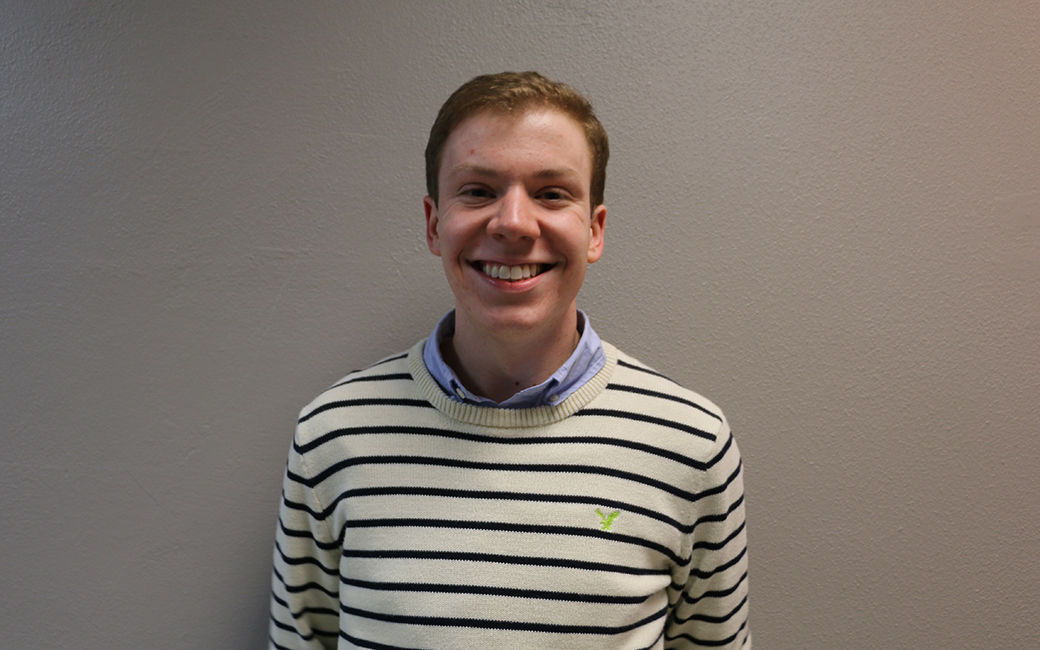
The actions of one are not the actions of many
In recent news, actor Jussie Smolett has come under fire for allegedly staging a hate crime on himself. Because of this, the legitimacy of other victims reporting abuse suddenly has a negative light shone on it.
So often those who report crimes of abuse of any kind–specifically sexual–are not taken seriously. They are written off as liars and their stories are illegitimated.
In Smolett’s case, it is beginning to seem as though his attack was fake, but that does not mean the majority of other reports of abuse are too.
According to BBC, in the last 20 years, 2-10 percent of reports of rape have been fake. In a 2017 report from US National Institute of Health, those who falsified reports “were primarily motivated by emotional gain. Most false allegations were used to cover up other behavior such as adultery or skipping school.”
As a result of that 2-10 percent falsifying their assaults, a fear has been instilled in those who have actually suffered a sexual assault. The National Sexual Violence Resource Center reports 63 percent of sexual assaults are not reported to authorities.
We need to reevaluate the way in which sexual assault is viewed. If someone has the courage to come forward and report their assault, that report needs to be taken seriously. If only 2-10 percent of reports of rape are fake, clearly legitimate claims reign supreme.
Numerous times within the last year we have seen cases in which victims of assault have been illegitimated – Christine Blasey Ford and Brett Kavanaugh, Harvey Weinstein and the women of Hollywood – nay-sayers have no hesitation in trying to dismantle these women’s claims, which only adds to the victim’s own hesitance to come forward in the first place.
While some progress has been made–the women in Hollywood helping take down the big bosses who sexually assaulted them–it is simply not enough. The fact alone that these women had to wait to make their stories heard until they had the notoriety to allow them any type of validity.
Which is why movements like #MeToo are so important. Having the support of other survivors, even if just on Twitter, can provide those who have endured abuse a sense of solidarity that they have been without for who knows how long.
For far too long victims have remained silent out of fear of their abusers and out of fear of not being heard. We have the power to remedy this. If we open our eyes and face the fact that allegations of sexual assault are more commonly true than they are false it can lead the way to a more accepting future.
Entertaining the notion that a claim of sexual assault is false needs to be completely eradicated. Just as those who are accused are innocent until proven guilty, these claims ought to be considered true until proven false–but simply not believing a person brave enough to come forward with their story is both morally and ethically wrong.
Just because a small percentage of reports are falsified, does not mean that all reports should be invalidated.
